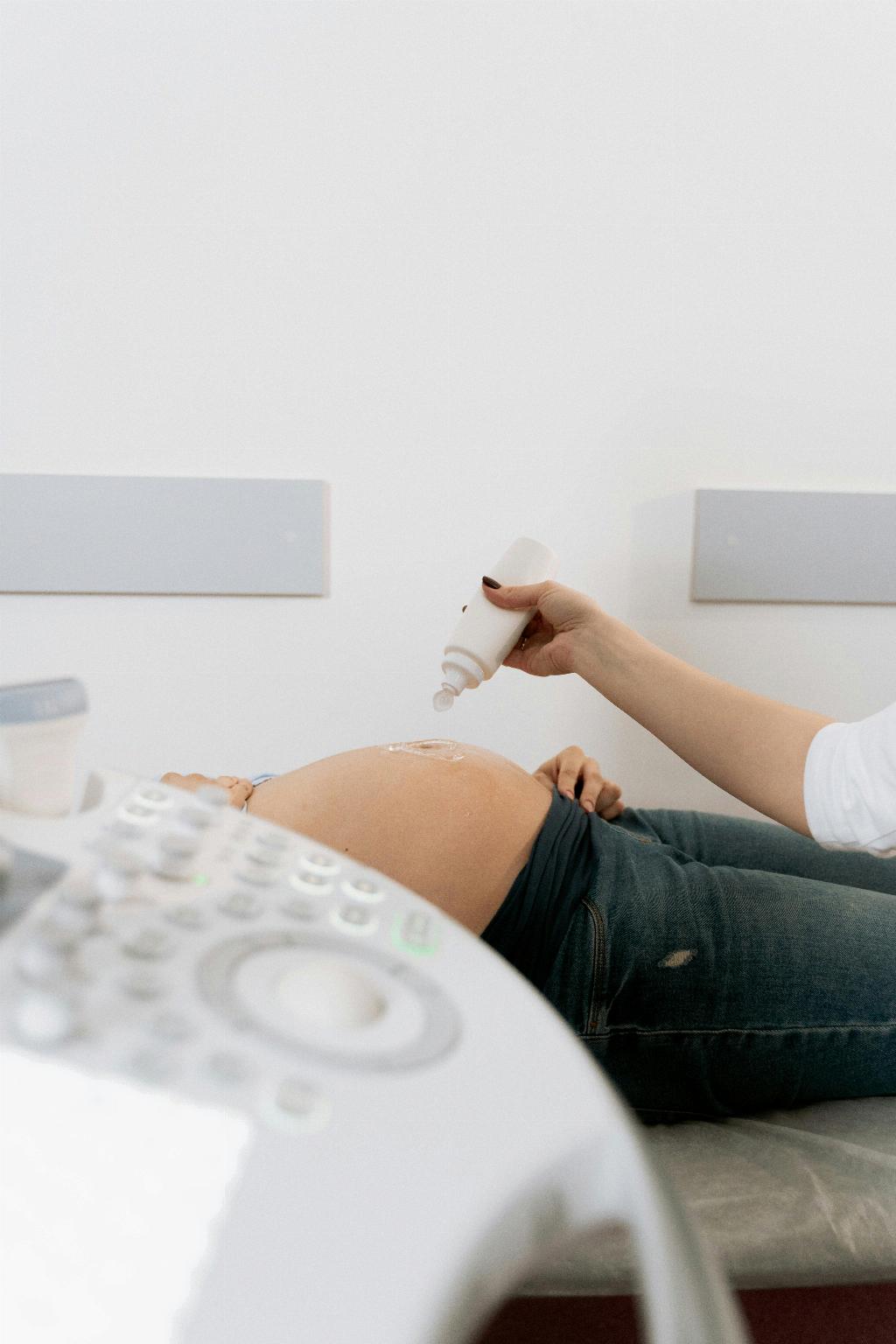After giving birth, many women experience various changes in their bodies, including pelvic floor pain. This discomfort can manifest in different ways, affecting both physical and emotional well-being. Understanding the symptoms and sensations associated with postpartum pelvic floor pain is crucial for seeking appropriate medical guidance and support.
Identifying Symptoms of Pelvic Floor Pain
Postpartum pelvic floor pain can present in several ways, such as urine leakage, commonly observed during activities like laughing or sneezing. Additionally, some women may feel a bulging sensation in the vagina or experience discomfort or pain in the vaginal or perineal area. Pain during sexual intercourse can also be a prevalent symptom of pelvic floor issues after childbirth.
The Sensation of Urinary Leakage
For many women, postpartum pelvic floor pain is closely associated with urinary leakage. This condition can be distressing and impact daily activities and self-confidence. The sensation of urine leakage, especially when unexpected, can cause embarrassment and frustration, highlighting the importance of addressing pelvic floor concerns promptly.
Understanding the Bulging Sensation
Another common symptom of pelvic floor pain postpartum is a feeling of bulging in the vagina. This sensation may indicate pelvic organ prolapse, where organs like the bladder, uterus, or rectum descend into the vaginal canal. Women experiencing this symptom should consult healthcare providers for proper evaluation and management.
Dealing with Pain and Discomfort
Pain in the vaginal or perineal area after childbirth can significantly impact a woman’s quality of life. Whether the discomfort is sharp, throbbing, or constant, seeking professional help is essential to address the underlying causes and find appropriate treatment options. Ignoring pelvic floor pain may lead to prolonged discomfort and potential complications.
Effects on Sexual Intimacy
Pelvic floor pain postpartum can influence a woman’s sexual well-being by causing pain or discomfort during intercourse. This issue can strain intimate relationships and lead to emotional distress. Open communication with partners and healthcare providers is essential in addressing these concerns and finding solutions to improve sexual satisfaction.
Seeking Medical Evaluation
Women experiencing pelvic floor pain postpartum should not hesitate to seek medical evaluation. Healthcare professionals, such as gynecologists or pelvic floor physical therapists, can conduct thorough assessments to identify the root cause of the pain and create personalized treatment plans. Early intervention is key to managing pelvic floor issues effectively.
Exploring Treatment Options
Depending on the severity and underlying causes of pelvic floor pain, various treatment options may be recommended. These can include pelvic floor exercises, lifestyle modifications, physical therapy, or in some cases, surgical interventions. Each woman’s journey to recovery is unique, emphasizing the importance of individualized care.
Embracing Emotional Wellness
Coping with pelvic floor pain postpartum goes beyond physical symptoms and extends to emotional well-being. It is essential for women to prioritize self-care, seek support from loved ones, and address any emotional challenges associated with their pelvic health. Mental health plays a significant role in the overall healing process.
Empowering Through Education
Education and awareness about postpartum pelvic floor pain are empowering tools for women navigating this journey. By understanding the condition, its symptoms, and available treatment options, women can advocate for their health and make informed decisions about their well-being. Knowledge is key in reclaiming control over pelvic health.
Supporting Each Other
Building a supportive community for women experiencing postpartum pelvic floor pain is crucial in fostering solidarity and shared experiences. By sharing stories, offering encouragement, and advocating for improved healthcare resources, women can create a network of support that promotes healing, resilience, and empowerment.
Conclusion: Navigating Postpartum Pelvic Floor Pain
Postpartum pelvic floor pain is a common yet often overlooked issue that can impact women’s well-being after childbirth. By recognizing the symptoms, seeking timely medical evaluation, and exploring personalized treatment options, women can reclaim control over their pelvic health and experience improved quality of life. Remember, you are not alone in this journey, and there are resources and support available to help you navigate postpartum pelvic floor pain with resilience and strength.

